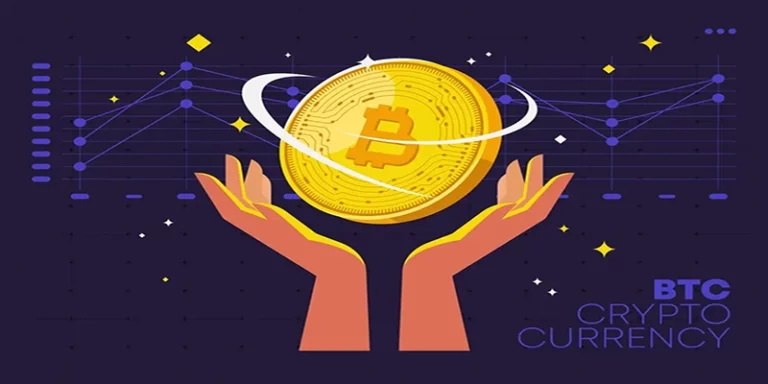The potential impact of Bitcoin on traditional banking and financial systems 2023
Bitcoin is a decentralized digital currency that was first introduced in 2009 by an individual or group of individuals known as Satoshi Nakamoto. It operates on a peer-to-peer network and allows for borderless, fast and low-cost transactions. Bitcoin and other cryptocurrencies have been gaining popularity in recent years, and their impact on traditional banking and financial systems has been a topic of much debate. This article aims to explore the potential impact of Bitcoin on traditional banking and financial systems.
How Bitcoin Challenges Traditional Banking and Financial Systems
One of the key features of Bitcoin is its decentralized nature. Unlike traditional currencies, which are issued and controlled by a central authority, such as a government or central bank, Bitcoin operates on a peer-to-peer network. This means that there is no intermediary involved in transactions, such as banks. This decentralization also makes Bitcoin more resilient to censorship and less susceptible to government intervention.
Another way in which Bitcoin challenges traditional banking and financial systems is through its lower transaction fees and faster processing times. Traditional bank transfers can take several days to clear, and international transfers can be even slower. Bitcoin transactions, on the other hand, can be processed in just a few minutes and at a fraction of the cost of traditional bank transfers.
Bitcoin also enables borderless transactions, which means that anyone with an internet connection can participate in the network, regardless of their location. This has the potential to increase financial inclusion and provide access to banking services for underbanked populations.
Advantages of Bitcoin over Traditional Banking Systems
One of the main advantages of Bitcoin over traditional banking systems is its increased security and immutability of transactions. Bitcoin transactions are recorded on a public ledger, called the blockchain, which is virtually impossible to alter or tamper with. This provides a high level of security and transparency, which is not always present in traditional banking systems.
Another advantage of Bitcoin is its enhanced privacy and anonymity. While traditional banking systems require customers to provide personal identification and other sensitive information, Bitcoin transactions can be performed without revealing personal information. This can be particularly beneficial for individuals living in countries with oppressive governments or lacking financial privacy laws.
Bitcoin also has the potential to increase financial inclusion and provide access to banking services for underbanked populations. This can help to promote economic development and reduce poverty in developing countries.

Potential Drawbacks and Limitations of Bitcoin
Despite its many potential benefits, there are also several drawbacks and limitations of Bitcoin that should be considered. One of the main concerns is its volatility. The value of Bitcoin can fluctuate significantly, and this can make it a risky investment for some individuals. Additionally, the lack of regulation in the Bitcoin market can make it a target for fraud and other illegal activities.
Another limitation of Bitcoin is its limited acceptance and mainstream adoption. While more and more merchants are beginning to accept Bitcoin as a form of payment, it is still not widely accepted. This can make it difficult for individuals to use Bitcoin in their daily lives.
Finally, the environmental impact of Bitcoin mining should also be considered. Bitcoin mining requires a significant amount of energy, and this has led to concerns about the sustainability of the network.
Conclusion
Bitcoin has the potential to challenge traditional banking and financial systems in several ways, including its decentralization, lower transaction fees, and faster processing times. Additionally, it has several advantages over traditional banking systems, including increased security, enhanced privacy, and the potential to increase financial inclusion. However, it also has several drawbacks and limitations, including volatility, limited acceptance, and potential for illegal activities. It is important to weigh these pros and cons before making any investment decisions.







